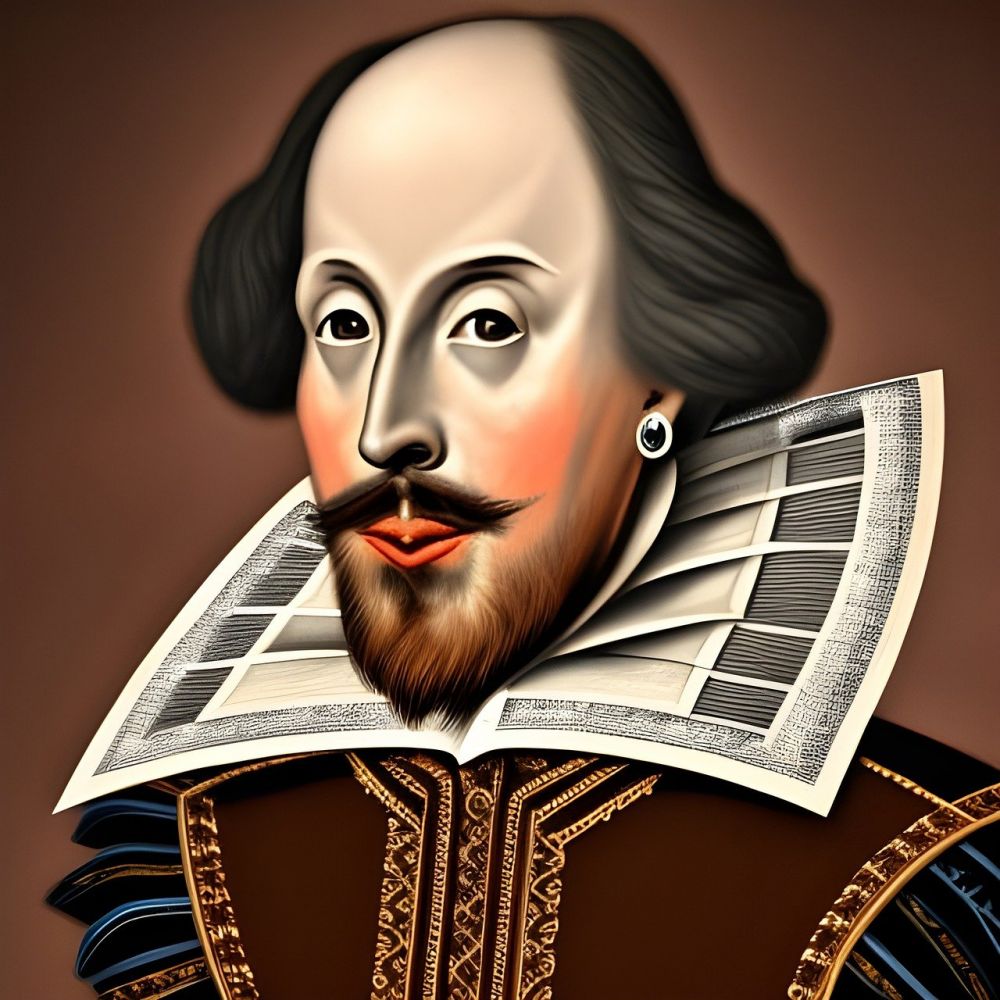Charles Dickens: A Literary Icon Through the Ages

Introduction
Charles Dickens is widely regarded as one of the greatest English writers of all time. His works have captivated readers for generations, and his unique ability to depict the social injustices and inequalities of Victorian England continues to resonate with audiences today. In this article, we will explore the life and works of Charles Dickens, providing essential information for anyone interested in this literary phenomenon.
A Brief Biography

Born on February 7, 1812, in Portsmouth, England, Charles John Huffam Dickens led a remarkable life. Growing up in a lower middle-class family, Dickens experienced firsthand the hardships and struggles that would later shape his writing. At a young age, he was immersed in the world of literature, working as a law clerk and a freelance journalist before ultimately finding success as a novelist.
Dickens’ Writing Style and Themes
Dickens’ writing style is characterized by vivid descriptions, strong character development, and a keen eye for social commentary. His novels often depicted the harsh realities of life for the working class, shedding light on issues such as poverty, child labor, and the injustices of the legal system. Through his works, Dickens aimed to create awareness and inspire change in society, making him a champion for social reform.
Key Works by Charles Dickens
Throughout his career, Dickens produced an impressive body of work, with some of his most notable novels including:
– “Oliver Twist” (1837-1839): This tale of an orphan boy navigating the harsh streets of London is a poignant exploration of poverty and injustice.
– “A Tale of Two Cities” (1859): Set against the backdrop of the French Revolution, this epic novel depicts the stark contrast between the rich and the poor.
– “Great Expectations” (1860-1861): Considered one of Dickens’ finest works, this coming-of-age story explores the themes of ambition, identity, and self-discovery.
These novels, among many others, cemented Dickens’ reputation as a master storyteller and a social critic.
Evolution of Charles Dickens’ Literature
Over time, Dickens’ writing underwent significant changes, reflecting both his personal growth and the evolving social landscape of Victorian England. In his earlier works, such as “Oliver Twist” and “David Copperfield” (1849-1850), he focused on individual experiences, highlighting the struggles faced by his characters. As he matured as a writer, Dickens began incorporating a wider scope, addressing societal issues in works like “Hard Times” (1854) and “Bleak House” (1852-1853).
Dickens’ Influence and Legacy
Charles Dickens’ impact on literature cannot be overstated. His writing resonated with readers from all walks of life, and his ability to craft memorable characters and powerful narratives has influenced countless authors in the generations that followed. Dickens’ works continue to be studied in schools and universities, and his novels are regularly adapted into films, television series, and stage productions.
Conclusion
Charles Dickens’ contributions to literature make him a towering figure in the literary world. His ability to create realistic portrayals of the human condition and shed light on the social issues of his time has left an indelible mark on the literary landscape. As we delve into his novels, we are transported to a bygone era, witnessing the struggles and triumphs of his unforgettable characters. Charles Dickens’ legacy continues to thrive, reminding us of the power of storytelling and the importance of fighting for a more just society.











